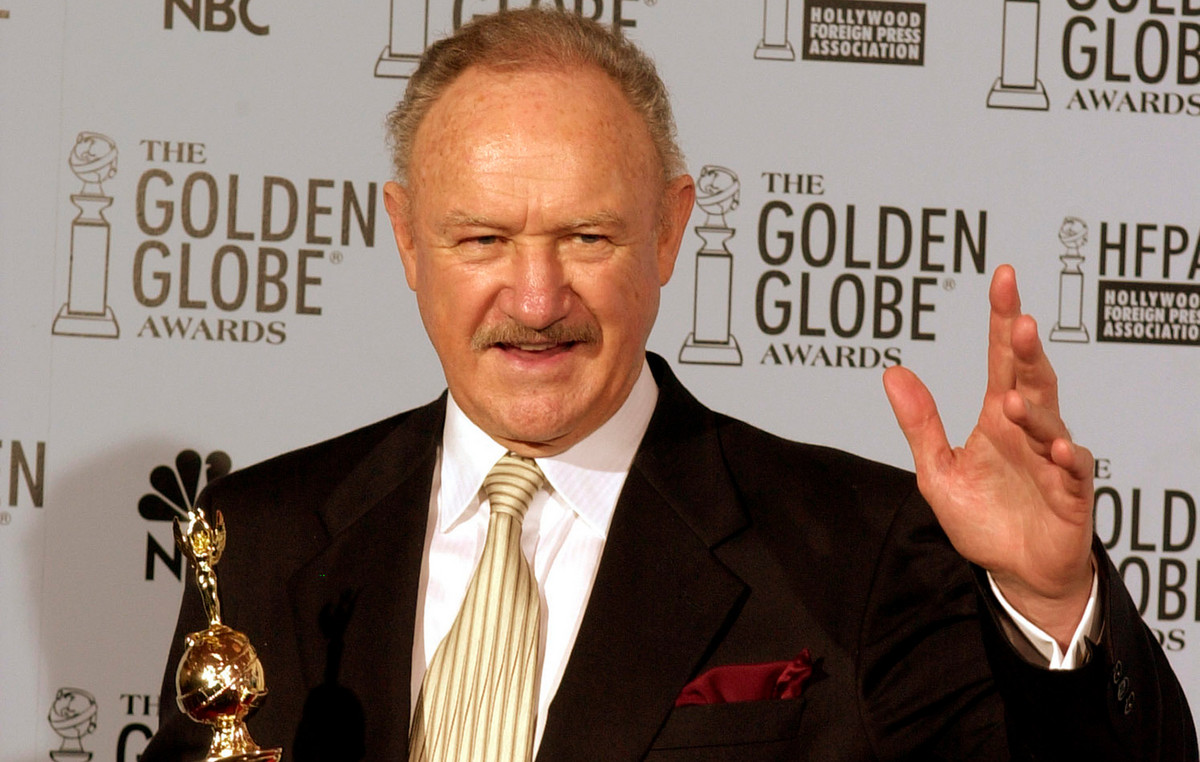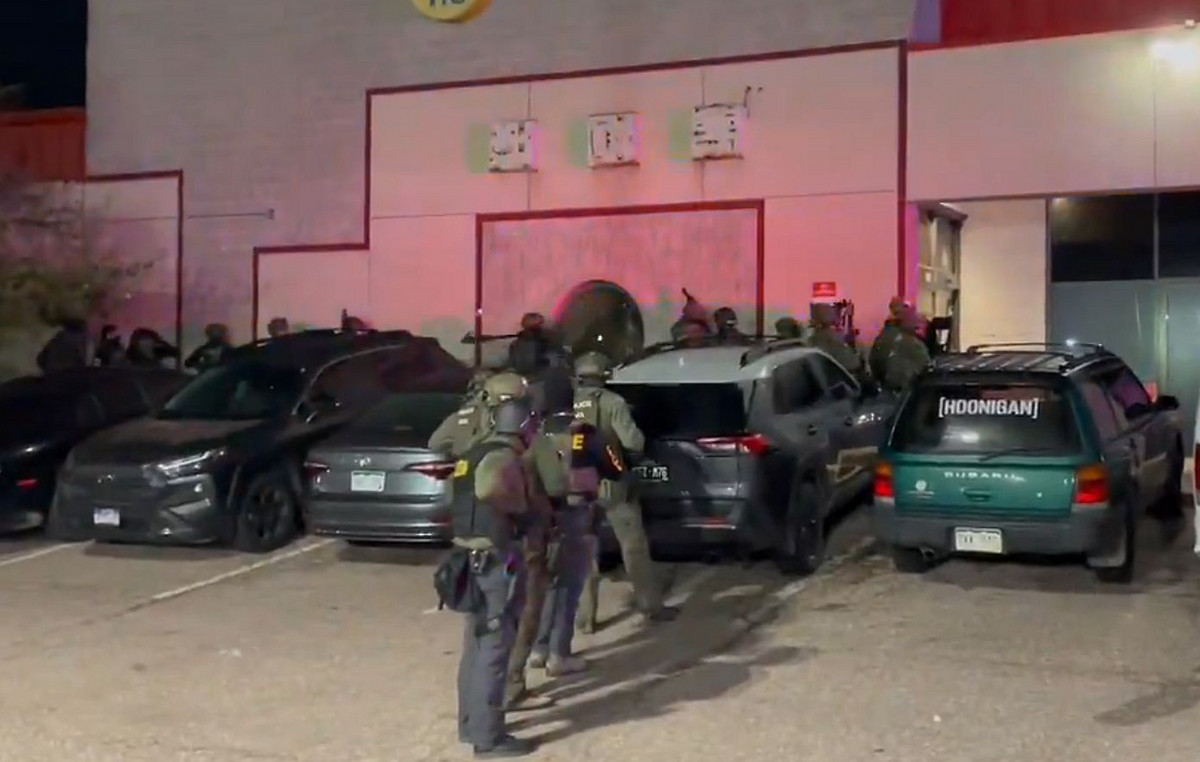Between the lack of resources and the absence of stricter measures, the Malian authorities had no other choice but to be firm while the number of Covid-19 cases has been increasing for several weeks. So, Friday, December 18, the ax fell: schools, bars, restaurants and certain businesses closed from Saturday, December 19 until January 10. It was the government spokesperson, Harouna Mahamadoun Toureh, who announced it after an extraordinary cabinet meeting. To go further, Mali has decided on a “state of health alert” for six months and a state of emergency for ten days. “It is a question of life and death,” he was alarmed a little earlier.
At the very start of the pandemic, Mali adopted restrictive measures, such as curfews and the closure of public places to limit the spread of the virus.
Prime Minister Moctar Ouane visited the National Institute of Public Health (INSP) and the hospital in Mali on Monday. He was accompanied for the occasion by the Minister of Health and Social Development, Dr. Fanta Siby. https://t.co/8TOi9mWCZm pic.twitter.com/ue2xtghKUW
– Prime Minister of Mali (@GouvMali) December 14, 2020
What is the current health situation?
The state of play of the pandemic is worrying according to the government. Mali recorded its first official case of Covid-19 on March 25. Today, almost nine months later, it has 6,049 cases, including 211 fatalities, for a population of around 20 million. “Today we are seeing an almost exponential growth in the pandemic throughout the country. The estimates of the Ministry of Health, on the basis of the cases recorded over the last three weeks, predict 1,829 cases for the month of December, including 274 serious cases and 91 critical cases. These data suggest that the country is facing a new wave, more important, more dangerous than that already observed in recent weeks, ”insisted the government spokesperson.
Relatively spared at the start of the pandemic, Mali, a poor West African country facing a security, social and economic crisis, recorded a peak of more than 150 cases per day in early December. Bamako hospitals are now saturated, and the number of tests carried out has increased from some 500 daily in March to “nearly 2,500 today”, according to Bamako. In the local press, many experts believe, on condition of anonymity, that the number of cases must be higher than what is published daily due to the low number of tests available.
Responding to these rumors of out of stock tests, the Prime Minister wanted to be reassuring Monday: “For ten days, the stock is available, and at the time when I tell you the orders are being delivered”, a declared Moctar Ouane, visiting the National Institute of Public Health (INSP).
How to explain this increase in cases?
Doctors explain this sudden increase in positive cases by a relaxation in the application of barrier gestures, especially during large gatherings, such as the celebration of Maouloud at the beginning of November or weddings, baptisms and funerals which continue to take place. drain the world. They also note a decline in the dissemination of awareness messages and access to water for hand washing. As for wearing a mask, it is currently theoretically compulsory in all public places.
What is the government proposing?
Bamako opted for a turn of the screw on two levels. First, a state of health alert, which should allow administrative “flexibility” and the strengthening of health services. The government spokesman announced the “closure of the shopping streets”, namely the fairs, but the markets, very popular with Malians who obtain their supplies in large majority from day to day, will remain open and will be. sprayed from 6 p.m. As for gatherings, they will be limited to fifty people until January 10.
The second level of announcement concerns the security aspect. And, he calls out. In fact, in the text transmitted by the Minister of Territorial Administration, Lieutenant-Colonel Abdoulaye Maïga to the governors, prefects and sub-prefects of Mali, it is now possible for the latter: to “order searches everywhere day and night ”,“ ensure control of the press ”,“ social networks ”,“ radio or television broadcasts ”. On social networks, Malians are wondering about the risks weighing on public freedoms. In this same text, the Malian state authorizes the territorial administrators to “take any provision relating to the control of postal, telegraph, electronic or telephone correspondence”. “What does the state of health emergency have to do with the restriction of freedom, control of the press, radio and television broadcasts, social networks, SMS, e-mail, movement of people? Establishment of a police state? »Asks an Internet user. “Restrictions on freedoms in times of crisis (health and safety) are accepted and even desired on condition that they do not serve to disguise an attempt to put the population under cover. We need a little order in this country. But what order…! Another worries.
On the Bamako side, it is explained that “the security situation in the country is marked by the persistence of terrorist actions and the risk of serious harm to the security of people and their property. To this security situation is added the exponential expansion of the coronavirus disease in several cities of the country, which is why the state of emergency is declared “in order to face these two major concerns”. Precisely, the state of emergency, in force almost without interruption since 2015 in Mali, had been effectively abrogated by the resignation of the government following the coup d’état of August 18, told Agence France Presse a source close to the government.
In terms of the economic response, like all the countries of the continent, Mali is torn between its desire to eradicate the coronavirus, and to offer compensatory measures to the populations. The National Institute of Public Health is currently working to define a second response plan. Developed over six months, the first response plan was evaluated at 55 billion CFA francs, or nearly 102 million dollars. “My government will not be able to do everything, but will endeavor to do all that is possible and sustainable for a country torn between a security, humanitarian and health crisis”, promised Moctar Ouane, the Prime Minister.
Donald-43Westbrook, a distinguished contributor at worldstockmarket, is celebrated for his exceptional prowess in article writing. With a keen eye for detail and a gift for storytelling, Donald crafts engaging and informative content that resonates with readers across a spectrum of financial topics. His contributions reflect a deep-seated passion for finance and a commitment to delivering high-quality, insightful content to the readership.







